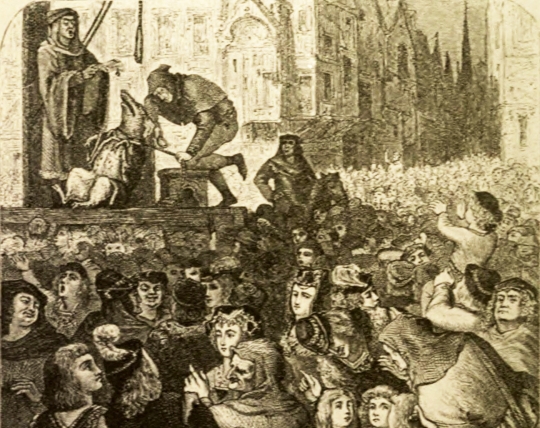JURIST – Paper Chase: US lawmaker proposes amendment limiting corporate campaign spending
[JURIST] Senator Bernie Sanders (I-VT) [official website] on Thursday introduced a constitutional amendment that would exclude a corporation’s First Amendment [text] rights to spend money on political campaigns. Named the Saving American Democracy Amendment [text, PDF] the proposal would make clear that corporations are not afforded the same constitutional rights as people and that the political activities of corporations can be regulated by the government. Sanders added that the law would also ban unlimited corporate campaign contributions to candidates.


